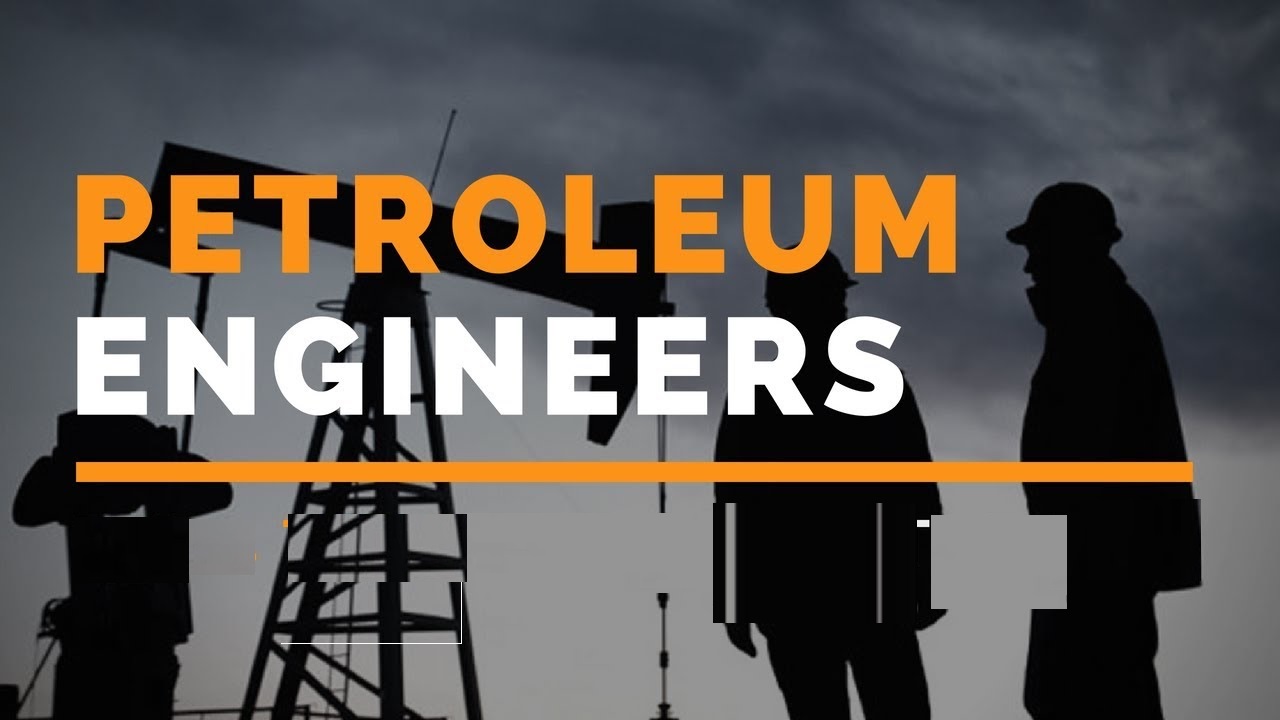Crude oil and natural gas resources; exploration and exploitation; technical analysis; computer modeling; estimating future production performance are all areas covered by petroleum education. Engineering for petroleum reserves has a long history of interdependence with geoscience, which aids petroleum engineers in understanding the underlying geological structures and circumstances that make deposits of petroleum possible. To extract gas and liquid hydrocarbons products from the ground, a petroleum engineer is involved with extracting, producing, processing, and exporting these products, as well as addressing all of their economic and regulatory implications.
The discovery of heavy oil and tar sands as alternate sources of energy has been made possible by petroleum engineering. In addition to geology, numerous other engineering disciplines have ties to the petroleum industry.
Branches of Petroleum Engineering
The discipline of petroleum engineering has a number of recognized specializations. One of the most common specializations for petroleum engineers is one of the following:
Drilling engineering
In the oil field, the drilling process is overseen by a team of engineers. Drilling procedures and equipment may be designed and implemented by them, as well as the tools themselves selected and the drilling operation itself overseen. When putting up a drilling project, drilling engineers must work closely with representatives from a wide range of organizations, governments, and local communities.
Production and Surface facilities engineering
After a well’s completion, this area of petroleum engineering is responsible for monitoring its output. Depending on the kind of oil or gas being extracted from the well, these engineers may utilize a variety of controls and equipment to monitor and regulate the fluids being produced.
Reservoir engineering
A reservoir engineer is concerned with the movement of gas and oil through porous rock and the mechanism by which these energy sources are distributed. A reservoir’s performance can be estimated, and novel strategies to boost output may be devised.
Petrophysical engineering
This area of petroleum engineering focuses on the development of instruments and methods for assessing the properties of energy sources. Many other petroleum engineers benefit from the expertise of these engineers.
Role of a Petroleum Engineering
Petroleum reservoirs are studied and assessed by petroleum engineers in order to determine their economic viability. The greatest and most efficient means to access these sources of energy and the best locations to drill wells may be determined by looking at reservoir maps. It is their major objective to ensure that a reservoir’s output is as cost-effective as possible while keeping to health and environmental regulations. Computers are often used by petroleum engineers for evaluating well productivity levels and flow rates.
A petroleum engineer’s responsibilities might range from the following:
- The process of developing equipment that will be utilized to extract natural gas or oil
- Planning for the extraction of natural resources
- operating gas and oil drilling and recovery equipment
- Using reservoir maps to find the best locations for wells
- Troubleshooting drilling issues with the assistance of engineers.
- Creating a variety of surface designs
- Finding novel ways to get natural gas from the ground
Petroleum engineering requires a certain set of skills.
You’ll need a variety of abilities to succeed in the field of petroleum engineering. Successful petroleum engineers often possess the following set of abilities:
Teamwork
To finish a project, petroleum engineers often work in groups. When it comes to finding and extracting oil and gas from a reservoir, engineers from many disciplines work together.
Computer proficiency
Engineers in the oil and gas industry must be able to quickly and accurately evaluate how a system operates and how different variables affect its productivity.
Decision-making
The choices you make as a petroleum engineer might have a significant impact on a project. During the course of your job, you may also be asked to make decisions about how to best accomplish certain responsibilities.
Creativity
In order to meet the ever-changing demands of the petroleum industry, a petroleum engineer must learn new skills with each project. Engineers in the petroleum industry are expected to be able to think outside the box when it comes to finding answers to problems that arise on the job.
Expert assignment help are also available online to assist you with assignment problems.







